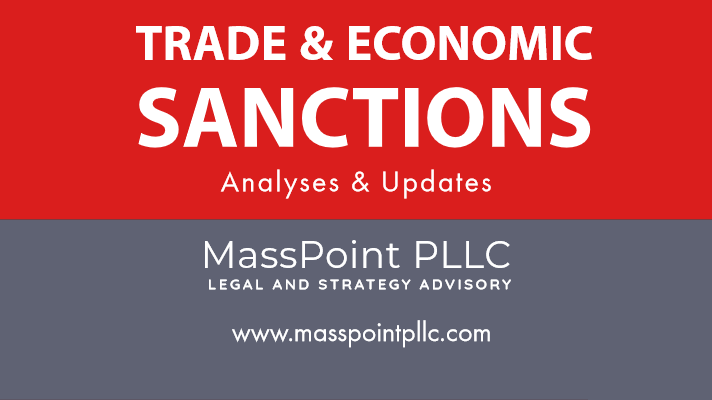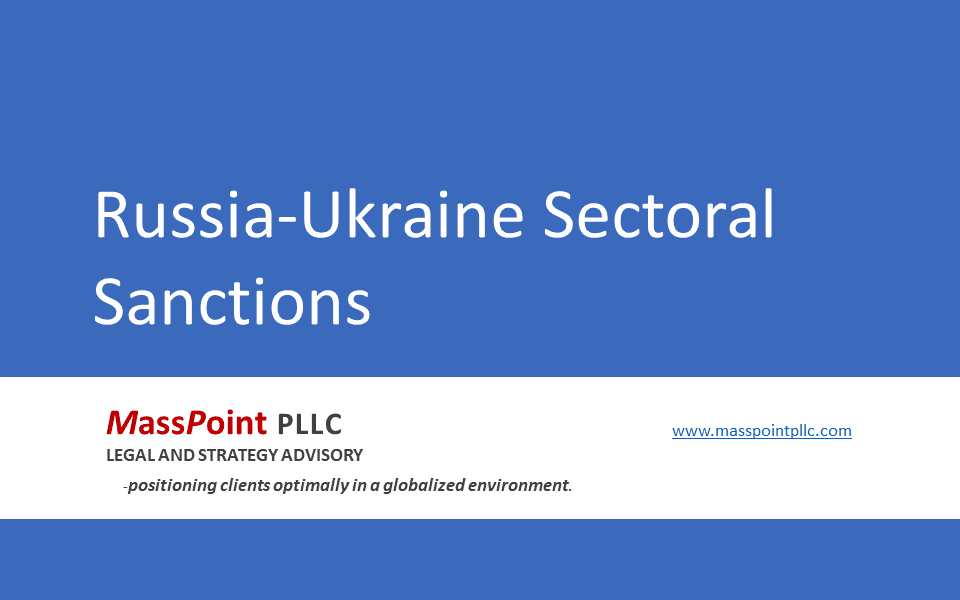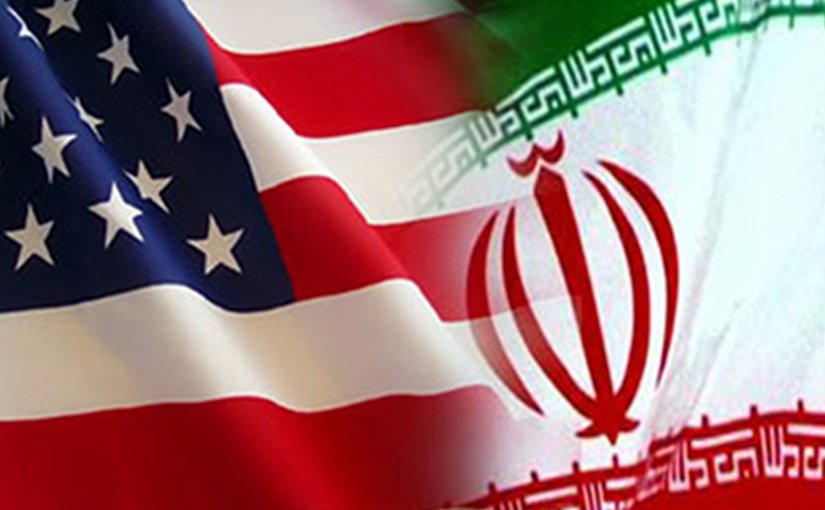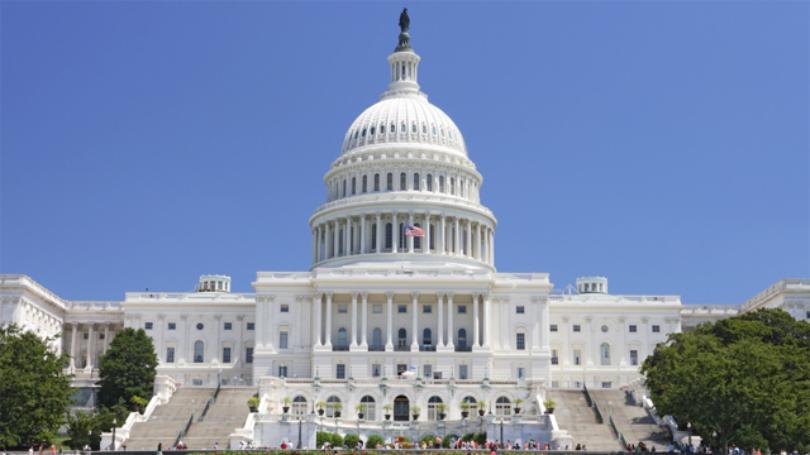Global Payments: Hdeel Abdelhady on a Russia-led Non-Dollar Payments System
Hdeel Abdelhady shared her insights with PaymentsSource on a Russia-led effort to build a non-U.S. dollar payments system, to insulate against U.S. sanctions and U.S. control more broadly. Ms. Abdelhady has for years worked on the U.S.-dollar and financial system links to U.S. sanctions enforcement jurisdiction. Her work on the topic of U.S. dollar and financial system tied legal jurisdiction has been quoted, leveraged, and consulted frequently in the United States and abroad.









